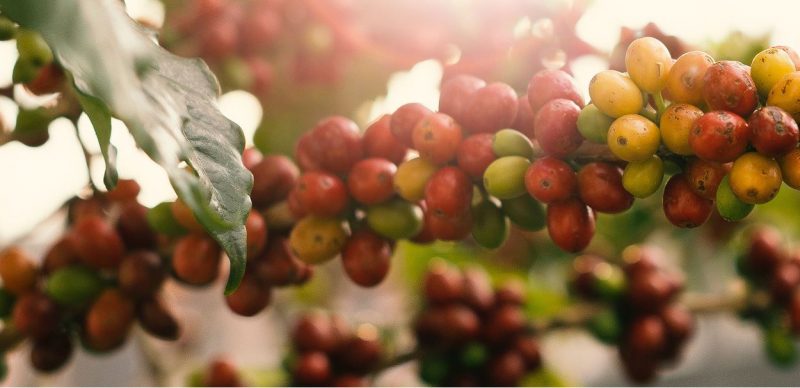Economist David Ndii is calling for the withdrawal of The crops (Amendment) (No.2) Bill 2019, which proposes that all coffee grown in Kenya shall be processed in the country and clearly labeled as a ‘Made in Kenya’ before being exported.
The legislation by Gatundu South MP Moses Kuria posits that all coffee grown in Kenya shall undergo processing, production and packaging within the country.
“The Bill is to ensure that for the purposes of a favourable balance of trade and balance of payment, coffee shall not be processed from Kenya in its raw form,” Kuria says in his Memorandum of Objects and Reason.
Kuria states that coffee farmers do not reap the maximum benefits from their produce owing to the imbalanced trade.
Ndii however, says “Processing does not add value to coffee. Coffee premium comes from flavor, which is determined by soils, husbandry and picking only ripe cherries. Best coffee is obtained by roasting your beans on the spot like Ethiopians do.”
In a series of Tweets and responses to Kenyans on Twitter (#KOT), the Legislator was pulled into the conversation and requested Ndii to be enlisted to present expert opinion on the same before the parliamentary departmental committee of which he vehemently declined.
“I’ve been trying to educate you people on this issue for 15 years! I can’t be repeating myself every time to people who don’t do their homework. Withdraw the bill and do research,” Ndii responded.
I’ve been trying to educate you people on this issue for 15 years! I can’t be repeating myself every time to people who don’t do their homework. Withdraw the bill and do research. https://t.co/Hz4JGinWD5https://t.co/atSU7B79sz
— David Ndii (@DavidNdii) May 13, 2019
“I’ve provided Kuria with links to what I have written on the matter and it is sufficient. He can read. I have no time to humor lazy populist politicians. They also have research staff, some who I have trained and mentored myself,” Tweeted Ndii.
According to Ndii, in his op-ed Value addition to agriculture: Magic bullet or blind alley? In The East African, “The problem with coffee is the trading monopoly conferred on the Nairobi Auction by the Government. Government paternalism is all pervasive. In theory, coffee belongs to the farmer until it is sold at the auction for export. In practice, the farmers lose control as soon as they harvest the coffee. They have no power to decide when the coffee is sold, to whom, for how much, and on what terms of payment, all in the name of protecting the small farmer.”
RELATED:
Kenya exports about 95% of the coffee produced locally to the international market. The Kenyan coffee is highly valued by roasters for blending with low-quality beans from other regions.
The Kenya National Bureau of Statistics Economic Survey 2019 found out that the production of coffee increased by 7.0% in 2018.
However, “Earnings from coffee declined from KSh 16.0 billion in 2017 to KSh 14.8 billion in 2018. Despite the increase in the quantity of marketed coffee from 33.7 thousand tonnes in 2017 to 36.8 thousand tonnes in 2018, earnings were lower compared to the previous period due to a reduction in the international prices of coffee.”
KNBS also said the area under coffee production increased from 114.7 thousand hectares in 2016/17 to 115.6 thousand hectares in 2017/18, mainly on account of smallholder co-operatives.
“However, coffee production by Estates declined by 22.5% from 14.2 thousand tonnes in 2016/17 to 11.0 thousand tonnes in 2017/18 due to uprooting of coffee bushes in peri-urban areas to make way for real estate development. The average yield of coffee from cooperatives increased by 23.6% while that of Estates decreased by 22.6%, in the 2017/18 crop year.”




